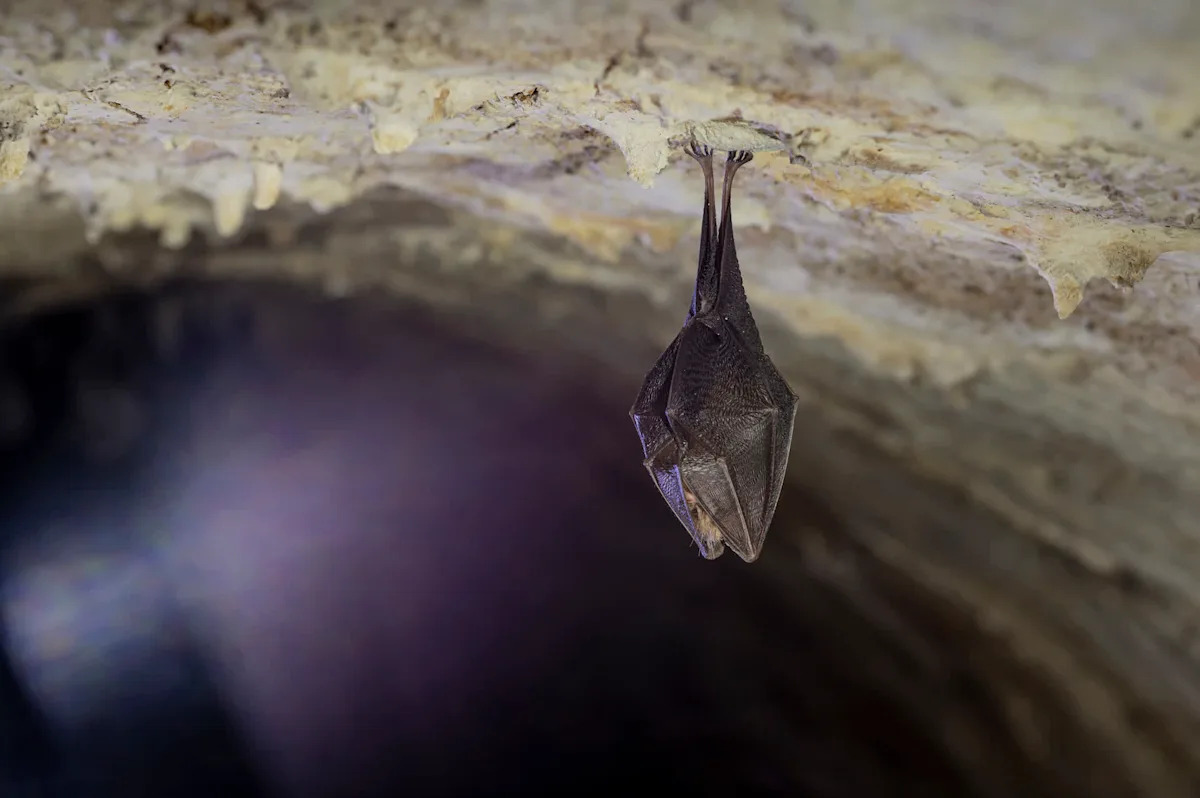Home / Environment / Daubenton's Bats Hibernate a Full Month Earlier as Winters Warm
Daubenton's Bats Hibernate a Full Month Earlier as Winters Warm
4 Nov
Summary
- Daubenton's bats now hibernate 4 weeks earlier than 13 years ago
- Bats not gaining enough fat to support longer hibernation period
- Natterer's bats adapting by shortening hibernation as winters become milder

As the nights grow longer across Europe, researchers have observed a concerning shift in the hibernation patterns of Daubenton's bats. According to a study conducted by scientists at the University of Greifswald, these bats are now entering hibernation up to four weeks earlier than they did 13 years ago.
The findings are particularly troubling because Daubenton's bats are not gaining additional fat reserves to support the extended hibernation period. This could make it increasingly difficult for the bats to survive the winter as seasonal patterns continue to change due to the effects of climate change.
In contrast, another bat species, Natterer's bats, is adapting in the expected direction by shortening its hibernation as winters become milder. "As temperatures are continuing to rise, the contrasting hibernation strategies could have a significant impact on the long-term survival of the species we studied," said study co-lead author Frauke Meier.



